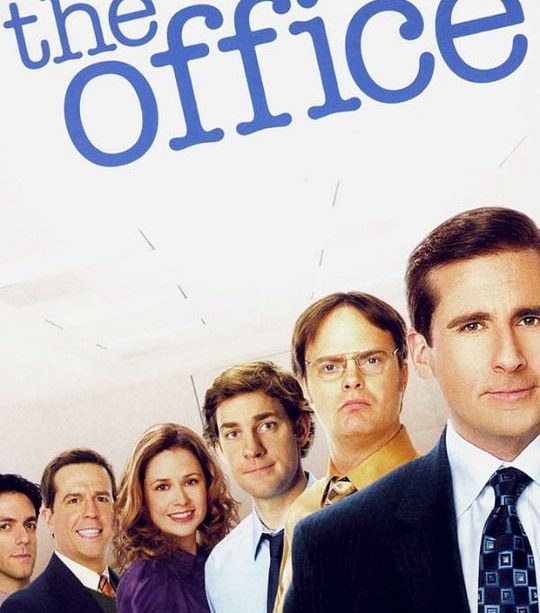The Office: A Landmark in Workplace Comedy

The Significance of The Office
Since its debut in 2005, The Office has become a cultural phenomenon that transformed the landscape of sitcoms and workplace comedies. The series, which is an adaptation of the British original created by Ricky Gervais and Stephen Merchant, captured the mundanity of office life with heartfelt humour and relatable characters. Its relevance extends beyond entertainment, influencing workplace dynamics and comedy genres.
Main Characters and Plot Overview
Set in the Scranton branch of the fictional Dunder Mifflin Paper Company, The Office follows the everyday lives of its employees, led by the well-meaning yet often inappropriate regional manager, Michael Scott (played by Steve Carell). The ensemble cast, featuring characters like the deadpan receptionist Pam Beesly, the eccentric beet farmer Dwight Schrute, and loveable salesman Jim Halpert, collectively creates moments that resonate with audiences who’ve experienced similar workplace tribulations. The show’s mockumentary style further allows viewers to connect with the characters more personally, breaking the fourth wall with witty asides and candid interviews.
Cultural Impact and Legacy
The Office has had a profound impact on popular culture. It pioneered a new format of storytelling and character-driven narratives in television that many shows have since emulated. It also sparked discussions about office culture, employee relationships, and the significance of humour in the workplace. Over the years, the series has garnered numerous awards, including five Primetime Emmy Awards, solidifying its place in television history. The show’s timeless themes and unforgettable catchphrases continue to find relevance today, attracting new fans across various streaming platforms.
A Lasting Influence
In 2023, fans celebrate the show’s continued legacy, with references evident in contemporary media, merchandise, and even memes dominating social media platforms. As companies focus more on employee wellbeing and workplace culture, the comedic insights offered through The Office provide a lens through which to view and discuss employer-employee relationships. The show’s ability to balance humour with poignant moments invites viewers to reflect on their personal work experiences while fostering community and nostalgia.
Conclusion
In summary, The Office remains a significant piece of television, captivating audiences with its humour and relatable storylines. Its influence on comedy and workplace attitudes cannot be overstated, as it continues to resonate with viewers around the world. As we move forward, the series will undoubtedly remain a touchstone for discussions about the complexities of the modern work environment, proving that even the ordinary aspects of work life can be extraordinary when done right.









